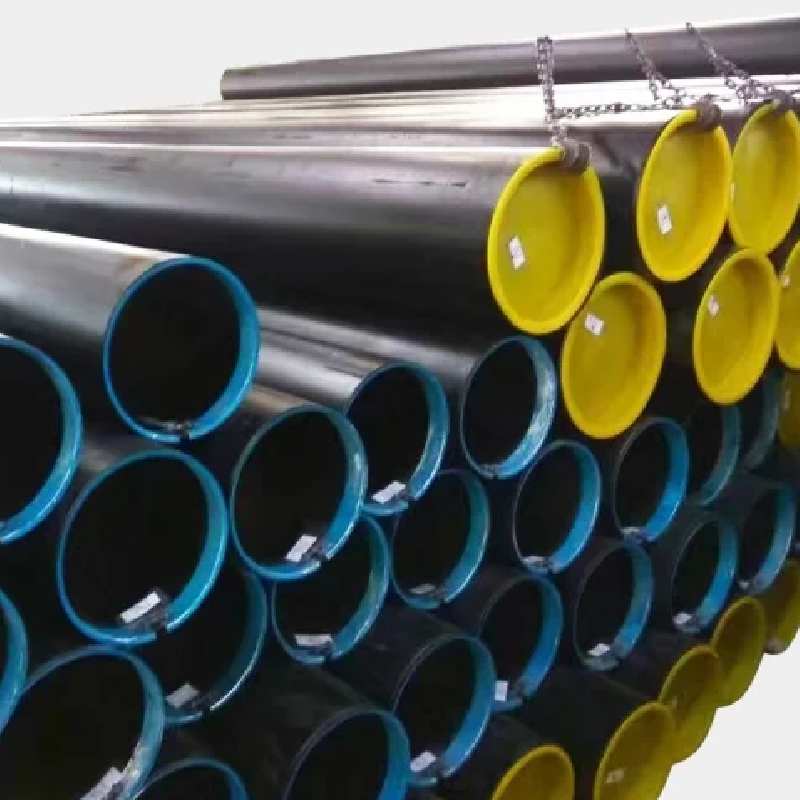-
Cangzhou Yulong Steel Co., Ltd.
-
Phone:
+86 13303177267 -
Email:
admin@ylsteelfittings.com
- English
- Arabic
- Italian
- Spanish
- Portuguese
- German
- kazakh
- Persian
- Greek
- French
- Russian
- Polish
- Thai
- Indonesian
- Vietnamese
- Zulu
- Korean
- Uzbek
- Hindi
- Serbian
- Malay
- Ukrainian
- Gujarati
- Haitian Creole
- hausa
- hawaiian
- Hebrew
- Miao
- Hungarian
- Icelandic
- igbo
- irish
- Japanese
- Javanese
- Kannada
- Khmer
- Rwandese
- Afrikaans
- Albanian
- Amharic
- Armenian
- Azerbaijani
- Basque
- Belarusian
- Bengali
- Bosnian
- Bulgarian
- Catalan
- Cebuano
- China
- China (Taiwan)
- Corsican
- Croatian
- Czech
- Danish
- Esperanto
- Estonian
- Finnish
- Frisian
- Galician
- Georgian
- Kurdish
- Kyrgyz
- Lao
- Latin
- Latvian
- Lithuanian
- Luxembourgish
- Macedonian
- Malgashi
- Malayalam
- Maltese
- Maori
- Marathi
- Mongolian
- Myanmar
- Nepali
- Norwegian
- Norwegian
- Occitan
- Pashto
- Dutch
- Punjabi
- Romanian
- Samoan
- Scottish Gaelic
- Sesotho
- Shona
- Sindhi
- Sinhala
- Slovak
- Slovenian
- Somali
- Sundanese
- Swahili
- Swedish
- Tagalog
- Tajik
- Tamil
- Tatar
- Telugu
- Turkish
- Turkmen
- Urdu
- Uighur
- Welsh
- Bantu
- Yiddish
- Yoruba

Aug . 09, 2024 00:11 Back to list
Exploring the Advantages and Disadvantages of Metal Sewer Pipes in Modern Construction Systems
Understanding Metal Sewer Pipes Advantages, Applications, and Considerations
Metal sewer pipes have long been integral to modern plumbing systems, providing a durable and reliable solution for waste management in residential, commercial, and industrial applications. Made from various metals, including cast iron, galvanized steel, and stainless steel, these pipes offer unique properties that make them suitable for different environments. In this article, we will explore the advantages of metal sewer pipes, their industrial applications, and some considerations to keep in mind when choosing them for your plumbing needs.
Advantages of Metal Sewer Pipes
1. Durability and Longevity One of the most significant benefits of metal sewer pipes is their exceptional durability. Metal pipes, particularly cast iron and stainless steel, can withstand harsh environmental conditions, resist corrosion, and maintain structural integrity over several decades. This longevity translates to lower replacement costs and reduced maintenance requirements.
2. High Resistance to Impact and Pressure Metal sewer pipes are designed to handle high levels of pressure and are less likely to crack or break under stress. This characteristic makes them suitable for areas with heavy traffic or underground installations where pipes must endure significant weight and potential impacts from surrounding soil and infrastructure.
3. Fire Resistance Unlike plastic pipes, metal sewer pipes are inherently fire-resistant. This property is especially important in commercial and industrial settings, where fire safety regulations require non-combustible materials for plumbing systems.
4. Acoustic Properties Cast iron pipes have excellent sound attenuation properties. They help reduce noise from wastewater flow, making them a preferred choice in residential areas where excessive plumbing noise can be an annoyance.
5. Recyclability Metal pipes are recyclable, contributing to a more sustainable practice in construction and plumbing. At the end of their service life, they can be repurposed rather than sent to landfills, aligning with modern sustainability goals.
Applications of Metal Sewer Pipes
Metal sewer pipes are employed in various settings, including
- Urban Infrastructure Cities often utilize metal sewer pipes for their sewer systems due to their ability to handle large volumes of waste and withstand the rigors of urban development.
metal sewer pipe

- Industrial Facilities Manufacturing and processing plants rely on metal pipes for transporting waste products, chemicals, and other materials that necessitate robust and reliable piping solutions.
- Commercial Buildings Restaurants, hotels, and office complexes utilize metal plumbing systems for their durability and compliance with fire codes.
- Residential Construction While plastic pipes have become popular in homes, metal pipes are still used for specific applications, such as drainage systems in older homes or in areas where high pressure is expected.
Considerations When Choosing Metal Sewer Pipes
While metal sewer pipes offer numerous advantages, several factors should be considered before selecting them for your project
1. Cost Metal pipes typically have a higher upfront cost than their plastic counterparts. However, their longevity can offset this initial investment over time.
2. Weight Metal pipes can be significantly heavier than plastic pipes, requiring additional labor and equipment for installation.
3. Corrosion Risk While some metal pipes are resistant to corrosion, others, such as galvanized steel, may deteriorate over time when exposed to moisture. It is essential to choose the right type of metal for your specific application and environmental conditions.
4. Thermal Conductivity Metal has higher thermal conductivity than plastic, which can lead to issues such as condensation in certain situations. Insulation may be necessary to mitigate these effects.
In conclusion, metal sewer pipes provide a robust and reliable option for waste management across various applications, combining durability, fire resistance, and low maintenance. Understanding the advantages and limitations of these pipes will help ensure that you choose the right materials for your plumbing needs, ultimately contributing to a more efficient and sustainable waste management system.
Latest news
-
ANSI 150P SS304 SO FLANGE
NewsFeb.14,2025
-
ASTM A333GR6 STEEL PIPE
NewsJan.20,2025
-
ANSI B16.5 WELDING NECK FLANGE
NewsJan.15,2026
-
ANSI B16.5 SLIP-ON FLANGE
NewsApr.19,2024
-
SABS 1123 FLANGE
NewsJan.15,2025
-
DIN86044 PLATE FLANGE
NewsApr.19,2024
-
DIN2527 BLIND FLANGE
NewsApr.12,2024
-
JIS B2311 Butt-Welding Fittings LR/SR 45°/90° /180°Seamless/Weld
NewsApr.23,2024











